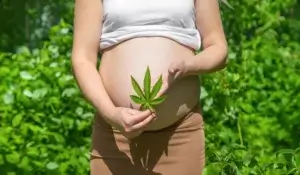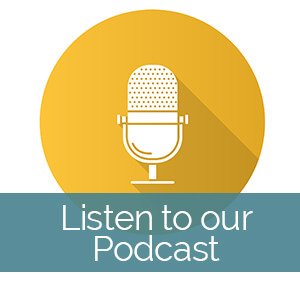Women’s health experts worry about THC use during pregnancy
 Women’s health specialists have become increasingly concerned about how marijuana and THC can affect women during pregnancy and lactation. Especially in states with legal marijuana sales for both medicinal and recreational use, THC use during pregnancy and postpartum is on the rise. However, research shows that marijuana and THC is not beneficial for women trying to conceive, growing fetuses, or breastfed babies. (Read our blog about THC use pre-pregnancy and the harm it may cause to developing eggs).
Women’s health specialists have become increasingly concerned about how marijuana and THC can affect women during pregnancy and lactation. Especially in states with legal marijuana sales for both medicinal and recreational use, THC use during pregnancy and postpartum is on the rise. However, research shows that marijuana and THC is not beneficial for women trying to conceive, growing fetuses, or breastfed babies. (Read our blog about THC use pre-pregnancy and the harm it may cause to developing eggs).
THC use on the rise
Tetrahydrocannabinola, or THC, is the principal psychoactive crystalline compound of cannabis found in the marijuana plant. With increased legalization of marijuana, you can now find THC in many forms, such as gummies, candies, food, and vape pen cartridges. And, along with legalization, the taboo around marijuana and THC use is quickly fading.
Approximately 20% of reproductive age Americans are now using marijuana and THC regularly in some form. Beyond its recreational use, THC has many proven medicinal uses, including for nausea in cancer patients, epilepsy, and chronic pain. Researchers are still studying whether medical marijuana can help treat a number of other conditions effectively, including nausea during pregnancy and postpartum depression. However, more research needs to be done on these specific types of users.
The cannabis market, though, seems to be charging full steam ahead with promoting the possible uses of THC, including for use by pregnant women with morning sickness. A recent study conducted in Colorado found that 70% of marijuana dispensaries were touting marijuana as safe in pregnancy. A third of these dispensaries even went so far as to say pregnant women didn’t need to contact their physicians because it was completely safe to use.
THC effects fetuses and babies
Studies conducted on the effects of THC use during pregnancy and breastfeeding indicate it is not beneficial for growing fetuses and babies. We know that the placenta has cannabinoid receptors allowing THC to cross the placenta to the fetus. Cannabinoid receptors also develop in the fetus as early as five weeks since the brain is one of the first organs to develop. And, evidence shows that THC use during pregnancy can impair cognition and disrupt behavior and motor development in babies after birth. This explains why some of the studies show growth issues with babies when mothers smoke marijuana or ingest THC regularly during pregnancy.
Most alarming are recent lactation studies that show high THC concentrations in breast milk. Breast milk contains a lot of fat that babies need to grow. THC is lipid soluble, meaning it concentrates well in fat. As a result, breast milk provides the perfect environment for THC to concentrate. Studies have found the amount of THC that’s in breast milk is about 7 or 8 times higher than what you initially ingest yourself. The THC can then go straight to breastfed babies where it can then accumulate in their fat and continue to release over a long period of time.
Additionally, THC is known to cause a drop in prolactin levels. Prolactin is a hormone that is directly responsible for increasing the volume of breast milk. Breastfeeding already poses difficulty for many women. Ingesting THC or smoking marijuana can make breastfeeding even more difficult by decreasing one of the most active and important hormones in that process.
The bottom line on THC using during pregnancy and postpartum
As with all things in life and nature, extreme use of anything is plausibly harmful. Limited exposure to THC is going to be less likely to have drastic effects on developing fetuses and babies than extreme, daily use. A woman who has had an edible or two once every few months is different from someone who is smoking or ingesting THC on a daily basis. That being said, the official stance from the American College of Obstetrics and Gynecologists (ACOG) is that women should not use cannabis during preconception, pregnancy, and lactation.
While THC has medicinal benefits, it’s best to be cautious and aware that THC use during pregnancy and lactation doesn’t provide enough benefits to justify the potential risks that have been found in both animal and human studies. Particularly in the realm of pregnancy and lactation, there really does seem to be biologic evidence of harm. Any potential benefits you may get from THC for nausea or other pregnancy or postpartum symptoms appear to be outweighed by the risks.



